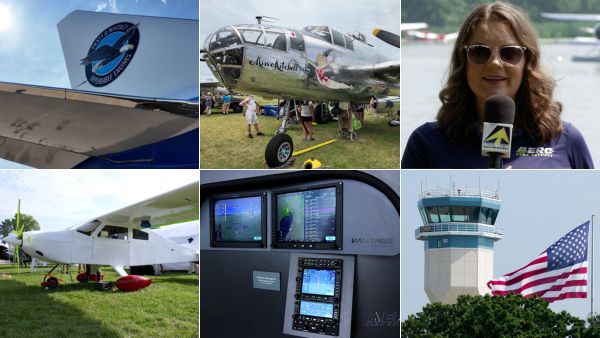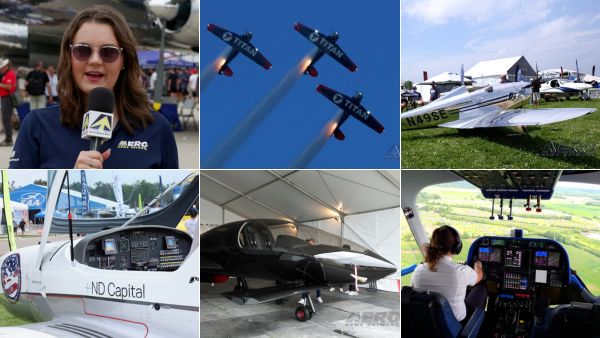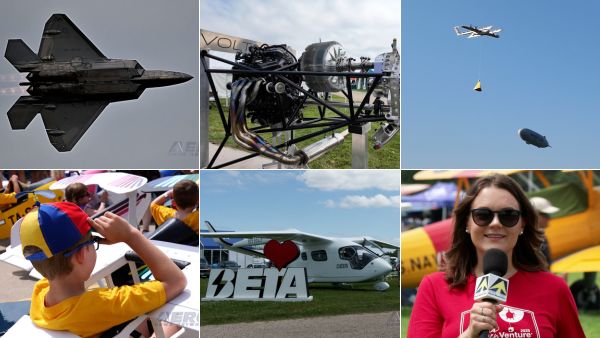Wed, Nov 03, 2010
Second R-4D Development Engine Performed As Expected
Acceptance testing on the second R-4D development engine has
been completed, according to the company designing the engine for
NASA. The R-4D is the Aerojet engine that will be used on NASA's
Orion crew exploration vehicle for the service module auxiliary
propulsion. Eight R-4D engines, arranged in four pods of two each,
will provide thrust for critical Orion maneuvers.

The R-4D acceptance testing was a critical milestone in the
Orion Service Module Auxiliary Propulsion Program. Completion of
this testing demonstrates incremental progress and opens the way
for the next phase of development testing.
This testing, conducted by engine designer Aerojet in
conjunction with Lockheed Martin and NASA, achieved several firsts
for the program including flight design bimetallic
(Columbium-Titanium) nozzle; flight design valves (120V and 72.25
ohm coils); flight-like pressure transducer; validation of
Orion-specific fabrication and test processes; verification of
Orion-specific tooling and special test equipment; and
demonstration of new processes that include the Aerojet Electric
Discharge Machined (EDM) R-4D -11 injector.
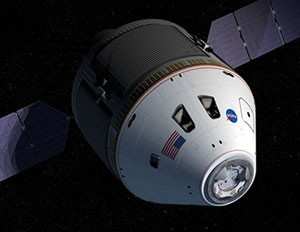
Orion Crew Capsule NASA Image
"It was very gratifying to see the fruits of a three-year design
effort come together in a very successful engine test. It was a
flawless demonstration of engineering and manufacturing expertise,"
said Aerojet Orion Program Manager Scott Jennings.
Aerojet supplies the complete engine complement for the Orion
Service Module including: 16 25-pound-thrust engines arranged
in four pods providing RCS capability, eight 100-pound-thrust
bipropellant engines arranged in four pods providing auxiliary
axial thrust for system maneuvers and a 7,500-pound-thrust Orion
main engine providing axial thrust for major position changes and
deorbit. Additionally, Aerojet will supply 12 160-pound-thrust
monopropellant engines for the Orion crew module reaction control
system and the jettison motor that provides thrust needed to
separate the launch abort system from the crew module in either a
nominal or aborted launch scenario.
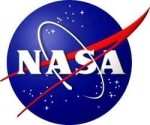
Lockheed Martin is the prime contractor to NASA for the Orion
crew exploration vehicle, which is being developed as the nation's
next generation spacecraft for future human exploration throughout
our solar system. Aerojet is part of the nationwide Orion industry
team led by Lockheed Martin, which includes five major
subcontractors and an expansive network of minor subcontractors and
small businesses working at 88 facilities in 28 states across the
country. Orion is scheduled to make its first orbital test flight
in 2013.
More News
Also: New Lakeland Fly-in!, Gleim's DPE, MOSAIC! Nearly three-quarters of a century in the making, EAA is excited about the future… especially with the potential of a MOSAIC>[...]
Estimated (EST) -When used in NOTAMs “EST” is a contraction that is used by the issuing authority only when the condition is expected to return to service prior to the >[...]
Aero Linx: Regional Airline Association (RAA) Regional airlines provide critical links connecting communities throughout North America to the national and international air transpo>[...]
The Airplane Broke Up In Flight And Descended To The Ground. The Debris Path Extended For About 1,435 Ft. Analysis: The pilot, who was the owner and builder of the experimental, am>[...]
From 2015 (YouTube version): History Comes Alive Thanks to A Magnificent CAF Effort The story of the Douglas C-47 named, “That’s all Brother,” is fascinating from>[...]
 Airborne 07.21.25: Nighthawk!, Hartzell Expands, Deltahawk 350HP!
Airborne 07.21.25: Nighthawk!, Hartzell Expands, Deltahawk 350HP! ANN's Daily Aero-Term (07.27.25): Estimated (EST)
ANN's Daily Aero-Term (07.27.25): Estimated (EST) ANN's Daily Aero-Linx (07.27.25)
ANN's Daily Aero-Linx (07.27.25) NTSB Final Report: Luce Buttercup
NTSB Final Report: Luce Buttercup Classic Aero-TV: 'That's All Brother'-Restoring a True Piece of Military History
Classic Aero-TV: 'That's All Brother'-Restoring a True Piece of Military History


